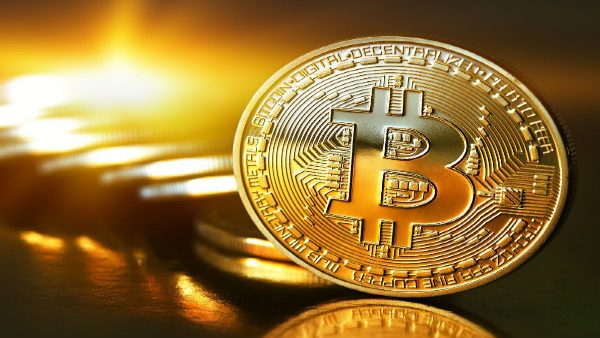
Explained: What is Digital rupee? Is it different from private cryptocurrencies like Bitcoin?
New Delhi, Feb 01: Nirmala Sitharaman the Reserve Bank of India (RBI) will introduce the Central Bank Digital Currency (CBDC) as India's official digital rupee in 2022-23
Recommended Video
While presenting the Union Budget for 2022-23, in Parliament today, she elaborated that introduction of Central Bank Digital Currency (CBDC) would give a big boost to digital economy.

"Digital currency will also lead to a more efficient and cheaper currency management system", she said.
She further proposed various other initiatives to boost investment and credit availability in the country.
The CBDC is expected to be India's official digital currency issued by the RBI, which was initially proposed as part of India's regulatory reforms on cryptocurrency. The currency is expected to be tethered to the fiat version of the Indian rupee, and will use blockchain and related technologies to operate.
What is Digital Rupee?
The digital currency by the Reserve Bank of India will be based on blockchain technology, the technology behind Bitcoin and other popular cryptocurrencies. Digital Rupee will be of two types - retail and wholesale. Retail digital currency is for common people and companies, wholesale is meant for financial institutions.
Is it different from private cryptocurrencies?
Central Bank Digital Currencies is a digital or virtual currency but it is not comparable to the private' cryptocurrencies such as bitcoin, ether and the likes that have mushroomed over the last decade.
Private virtual currencies sit at substantial odds to the historical concept of money. They are not commodities or claims on commodities as they have no intrinsic value; some claims that they are akin to gold clearly seem opportunistic. Usually, certainly for the most popular ones now, they do not represent any person's debt or liabilities. There is no ISSUER. They are not money (certainly not CURRENCY) as the word has come to be understood historically.
Difference between Bitcoin and Blockchain?
Bitcoin is a cryptocurrency, while blockchain or a digital ledger is a distributed database. It is powered by blockchain technology, but blockchain has found many uses beyond Bitcoin.
Bitcoin promotes anonymity, while blockchain is about transparency. Blockchain is a platform where not only digital currency but also anything can be digitised and its record can be kept.
Bitcoin is a digital medium through which some things can be sold and bought. However, it has no value in the real world.
What is the need for a Digital Rupee?
While interest in Digital Rupee is near universal now, very few countries have reached even the pilot stage of launching their CBDCs.
A 2021 BIS survey of central banks found that 86% were actively researching the potential for CBDCs, 60% were experimenting with the technology and 14% were deploying pilot projects. Why this sudden interest? The adoption of CBDC has been justified for the following reasons:-
Central banks, faced with dwindling usage of paper currency, seek to popularize a more acceptable electronic form of currency (like Sweden);
Jurisdictions with significant physical cash usage seeking to make issuance more efficient (like Denmark, Germany, or Japan or even the US);
Central banks seek to meet the public's need for digital currencies, manifested in the increasing use of private virtual currencies, and thereby avoid the more damaging consequences of such private currencies.
Advantages of Digital Rupee
Digital Rupee have some clear advantages over other digital payments systems. It would also potentially enable a more real-time and cost-effective globalization of payment systems. It is conceivable for an Indian importer to pay its American exporter on a real time basis in digital Dollars, without the need of an intermediary.
This transaction would be final, as if cash dollars are handed over, and would not even require that the US Federal Reserve system is open for settlement. Time zone difference would no longer matter in currency settlements - there would be no 'Herstatt' risk.
How to buy it?
As the Reserve Bank of India is set to issue the Digital Rupee this year, the central bank will soon provide details to the buyers as to how to and when to purchase it from. It can be assumed that the process of purchasing the Digital Rupee could be similar to that of Bitcoin or other cryptocurrencies.


 Click it and Unblock the Notifications
Click it and Unblock the Notifications


































